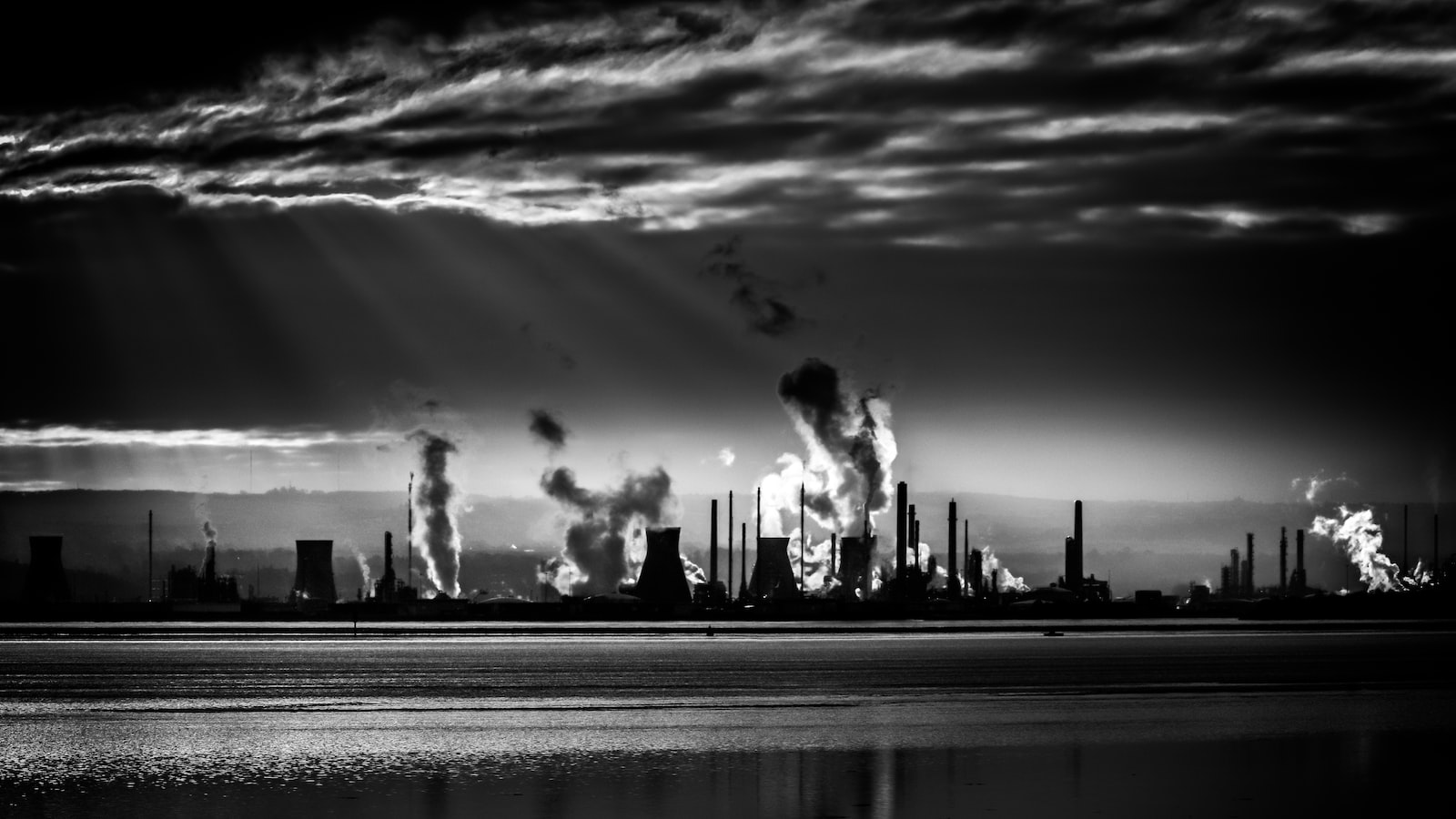The petrochemical industry plays a significant role in today’s industrialized world. It provides the raw materials needed for a wide range of products, including plastics, fertilizers, detergents, cosmetics, and more. However, the future of this industry must be examined through the lens of its environmental impact. As concerns about climate change and pollution intensify, it becomes imperative to assess the sustainability and greener alternatives that can drive the future of the petrochemical industry.

The Environmental Challenge
The petrochemical industry is heavily reliant on fossil fuels, primarily oil and natural gas, as the basis for creating products. The extraction, transportation, and processing of these fuel sources contribute to greenhouse gas emissions and environmental degradation. Additionally, petrochemical manufacturing processes often generate pollutants that can harm air, water, and soil quality.
Adopting Sustainable Practices
To secure a sustainable future for the petrochemical industry, various approaches can be taken:
1. Transition to Renewable Feedstock
Exploring renewable feedstock options, such as biomass, algae, and agricultural waste, can reduce reliance on fossil fuels. These alternatives can help mitigate environmental impacts while maintaining the industry’s productivity.
2. Encouraging Technological Advances
Investment in research and development is crucial for developing cleaner and more efficient technologies. This includes the implementation of carbon capture and storage techniques, improved waste management systems, and enhanced energy efficiency.
3. Embracing Circular Economy Principles
Promoting recycling and reusing of materials within the petrochemical industry can significantly reduce resource depletion and waste generation. Adopting circular economy models ensures a more sustainable use of resources throughout the production and consumption cycle.

Renewable Energy Integration
Transitioning towards a low-carbon future necessitates integrating renewable energy sources into petrochemical operations. Utilizing solar, wind, and geothermal energy helps reduce greenhouse gas emissions and minimizes the industry’s overall environmental impact.
Governmental Support and Regulations
The government’s role is vital in driving the petrochemical industry towards sustainable practices. Implementing stringent regulations and offering incentives for companies to adopt greener technologies can accelerate the industry’s transition to a more environmentally friendly approach.
Consumer Awareness and Responsibility
Consumers also play a crucial part in shaping the future of the petrochemical industry. By making informed choices and supporting eco-friendly products, individuals can drive demand for sustainable alternatives and encourage companies to prioritize environmental stewardship.
Conclusion
The future of the petrochemical industry lies in its ability to adapt to a changing environmental landscape. By embracing sustainable practices, investing in technology, integrating renewable energy, and encouraging governmental support and responsible consumer behavior, the petrochemical industry can minimize its environmental impact and contribute to a greener tomorrow.





